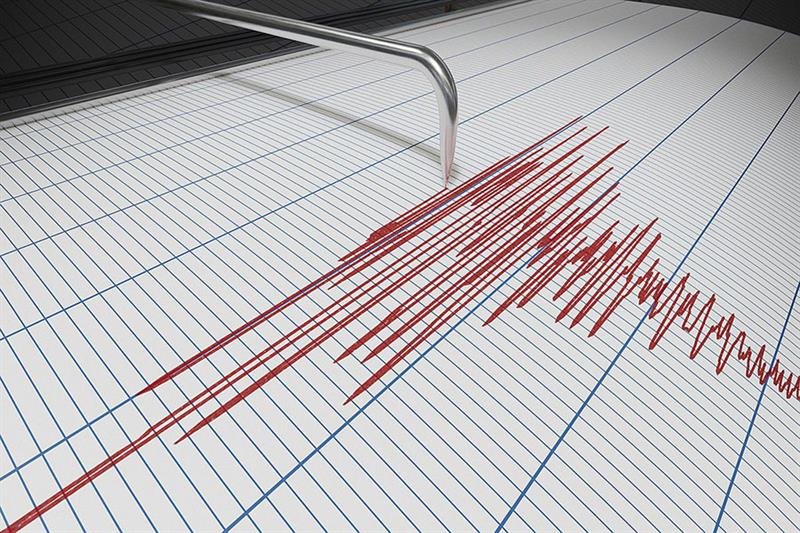
Egypt is located outside seismic belts
Egypt experienced a 4.1 magnitude tremor earlier this week. According to the National Research Institute of Astronomy and Geophysics (NRIAG), the earthquake’s epicentre was 27 km north of Suez. NRIAG officials assured the public there was no need to panic as Egypt is often hit by earthquakes which vary in strength from weak to medium.
The National Seismic Network (ENSN), affiliated to NRIAG, recently issued a press release stating that ENSN recorded more than 1,000 “intangible” earthquakes throughout the past year on Egyptian territory, in addition to recording more than 50 tangible earthquakes.
Abbas Sharaki, a professor of geology at Cairo University, told Al-Ahram Weekly that the source of most of the earthquakes in Egypt is the Mediterranean Sea from the Greek and Turkish regions. Among the weakest zones in the recurrence of earthquakes are the Red Sea and Suez Canal in Egypt, the Gulf of Al-Aqaba and the Dead Sea, Sharaki said, adding the Mediterranean is the area most exposed to earthquakes “which is why Egypt felt the tremor of Turkey’s quake.
“Greece is one of the world’s most earthquake-prone countries, but among the thousands of quakes recorded each year they rarely cause severe damage or fatalities,” Sharaki said. This is a very seismically active area that has seen more powerful quakes in the past, but none has seriously affected Egypt, he noted. NRIAG is monitoring the post-earthquake activity, which so far is not intense, he added.
According to Sharaki, Egypt is affected by two earthquake belts: the Horn of Africa Belt in the Gulf of Aqaba is a low-activity area 390 kilometres from Cairo. The Hellenic Belt in the west Mediterranean affects Egypt’s northern coast. It is more than 700 km from Cairo and has almost no effect on Upper Egypt, he noted. “Most Egyptian territories are safe,” confirmed Sharaki.
No one can predict when an earthquake will strike, Abdallah Allam, a professor of geology at Kafr Al-Sheikh University, pointed out. “Science cannot specify where, when, and how strong a quake will be.”
Allam understands the public’s concerns regarding the repeated exposure to earthquakes in Egypt as the memories of the 5.9 magnitude earthquake that struck the country in 1992 still frightens people.
“It was this century’s largest earthquake in northern Egypt with related destruction in the city of Cairo, the Nile Valley, and the Nile Delta areas,” said a study titled “The 1992 Cairo earthquake: A case study of a small destructive event”.
The earthquake of that year was centred near the village of Dahshour, 18 km south of Cairo. It killed more than 500 people, injured 6,500, left 50,000 homeless and damaged or destroyed 8,000 buildings.
“A major cause of the destruction is likely the poor state of construction of the Cairo buildings,” the study said.
According to Allam, Egypt is located outside seismic belts and activities in general, but it is exposed from time to time to some weak or medium-sized earthquakes, especially those whose centre is located in the Eastern Mediterranean region and the northern Red Sea, where destructive earthquakes happen at a steady rate but with relatively long return periods. “The nature of the earth’s plates in Egypt and Turkey differ,” Allam said.
Besides 1992, Egypt had earthquakes in 2011, 2013, 2017, and 2019 where the magnitude ranged from 3.5 to 4.5 on the Richter scale.
Last month, more than 51,000 deaths were confirmed when a 7.8 earthquake struck southern and central Turkey and northern and western Syria.
* A version of this article appears in print in the 2 March, 2023 edition of Al-Ahram Weekly
Short link: